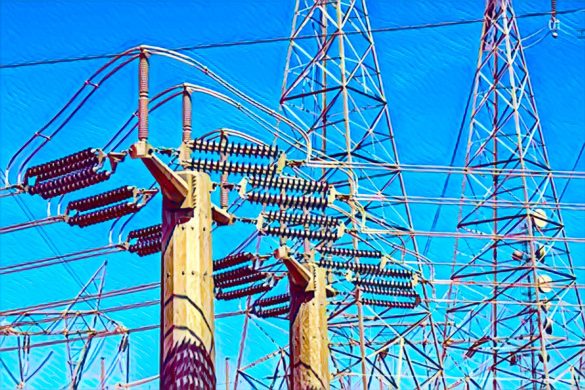KEY POINTS
- Nigeria’s electricity regulator is proposing a net billing system that allows solar users to sell surplus power to the grid.
- Experts are split: critics warn the sector lacks basic infrastructure, while supporters see it as a catalyst for renewable investment.
- Nigeria’s solar capacity is growing rapidly, but weak regulation and frequent grid failures could complicate rollout.
Dr. Sam Amadi, a former chairman of NERC, urged caution, calling the idea premature. “Net billing is one of the important methodologies for renewable energy market,” Amadi said in an interview. “But I am not sure anyone is prepared for the complexity of the pro-consumer in the electricity grid. Supply conditions are still poor. People have not attained any degree of self-sufficiency, so how will they sell to others?”
Amadi argued that Nigeria’s electricity market still struggles with fundamental issues — inaccurate billing, inadequate metering, poor regulatory enforcement, and a lack of customer data — all of which should be addressed before layering on new complexities.
He dismissed the initiative as “bogus ideas borrowed from more developed markets,” warning that excess solar on the grid could even drive up power costs if not managed carefully.
Instead, he said, NERC should focus on its core mandate of protecting consumers and enforcing service standards. “NERC still has a lot to learn to become a customer-friendly regulator,” he added.
Not everyone agrees. Dr. Funke Olayemi, a renewable energy consultant, described the plan as “a game-changer.” By enabling households and businesses to monetize their surplus electricity, she argued, the regulation would provide incentives for deeper investments in solar. “It means renewable energy becomes not just a backup, but a tradable resource,” she said.
Engr. Charles Ugwu, an energy policy analyst, also welcomed the initiative, noting that feeding solar into the grid could reduce pressure on conventional generation plants during peak hours. “At a time when the national grid suffers frequent collapses, diversifying supply is critical,” he said.
Still, industry insiders highlight practical risks. A distribution company operator, speaking on condition of anonymity, pointed out that many DisCos are already struggling with metering, billing, and collections. “Without robust systems, crediting solar producers fairly may become a challenge,” the source warned.
Solar growth meets fragile grid
Nigeria has seen a sharp rise in solar adoption in recent years. In 2023 alone, the country imported over $200 million worth of solar panels — more than four million units — much of which went into captive power projects. By 2024, solar installations added 63.5 MW, bringing total installed capacity to nearly 386 MW.
Under the draft regulation, prosumers would be billed at the standard consumer tariff for energy taken from the grid, while excess power exported back would be credited through a two-part formula: a fixed charge based on hydropower tariffs and a variable charge reflecting interconnection costs.
For proponents, the policy could unlock new financing opportunities, especially for small businesses and farms capable of generating surplus power. For skeptics, it risks adding another layer of complexity to an industry already battling frequent grid collapses and fragile infrastructure.



